With ABC managing director David Anderson gone, new chairman Kim Williams is now free to call the shots
The writing was on the wall for David Anderson the moment Kim Williams stepped through the doors of the ABC’s Ultimo HQ. The chairman now has a free hand to prove whether he can turn the public broadcaster around.
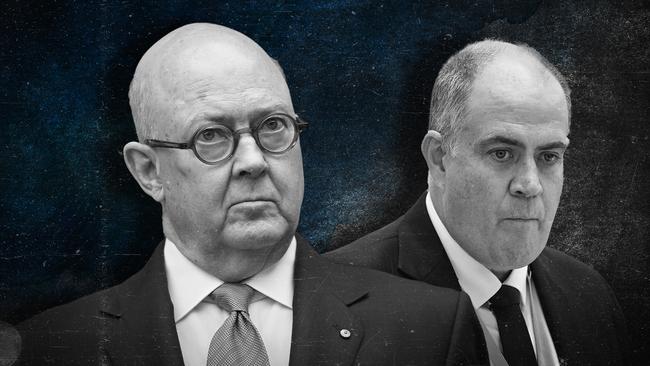
The writing was on the wall for David Anderson the moment Kim Williams stepped through the doors of the ABC’s Ultimo headquarters.
A veteran media executive, Williams was pledging an unshakeable commitment to editorial impartiality at the national broadcaster. Nothing – and no one – was going to stand in his way.
The mild-mannered Anderson had captained the ABC in a benign, steady-as-she-goes manner that had failed to quell the coterie of high-profile personalities flexing their muscle on social media in defiance of directions – and in clear breach of the ABC’s founding charter.
That doesn’t suit Williams’ style or intent. The one-time professional clarinetist and arts lover may cultivate the air of a public intellectual but don’t be fooled. Williams is a strong-willed, sometimes ruthless player determined to force change at the ABC.
The ABC chairman is on a mission of renewal. Anderson had already chalked up almost six years as managing director, and Williams thought he wasn’t going fast enough, or in the right direction, according to ABC insiders.
Anderson’s sudden exit may have come out of the blue for many, but Williams’ public utterances since taking the chairmanship have been a series of critiques of the ABC’s failings, the unavoidable subtext: under Anderson’s leadership.
Williams wasn’t just concerned about the series of public controversies involving on-air talent that have dogged the broadcaster. He believes the ABC needs to undergo a total digital overhaul.
But the controversies have infuriated Williams and worn down Anderson.
Insiders told The Australian they were not aware of any blow-up or bad blood between the pair but Williams had made it clear in private, just as he had very publicly only two weeks after taking the chair from Ita Buttrose, that activism by journalists would not be tolerated. “If you don’t want to reflect a view that aspires to impartiality don’t work at the ABC,” he said in an episode of the Fourth Estate podcast with host Monica Attard. “I really think this is a very serious issue.”
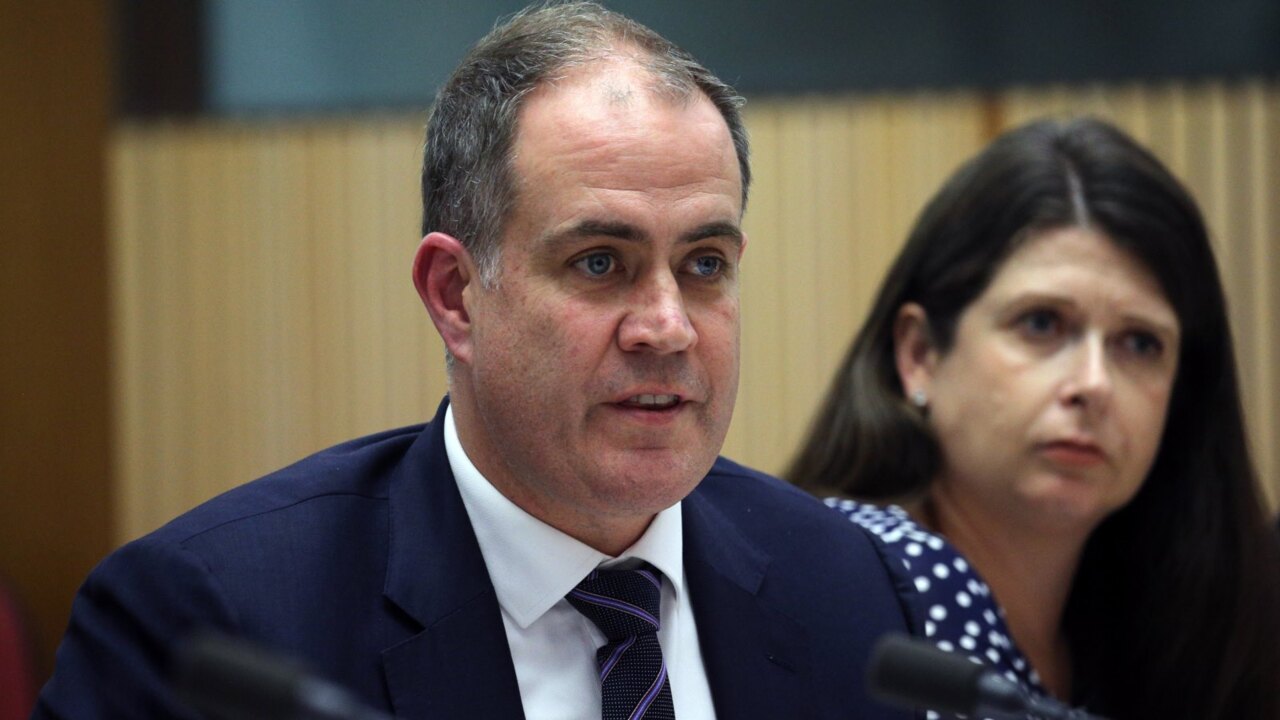
Anderson could not have missed the warnings.
Williams pointed in particular to the penchant of so many of the ABC’s high-flyers to vent their personal and political observations on social media, a trend that has caused serious damage to the ABC’s reputation under Anderson’s watch.
The broadcaster was badly embarrassed in 2021 when former Liberal MP Andrew Laming sued Four Corners journalist Louise Milligan, who falsely accused him on X, formerly Twitter, of upskirting a woman. That cost taxpayers more than $200,000 in costs and damages.
“What I’m looking forward to is renewing a focus at the ABC on external issues from the ABC rather than the kind of addictive focus that so happens in the ABC of the ABC talking about itself to itself within itself,” Williams said in the March podcast.
Only two months later, high-profile political journalist Laura Tingle appeared at the Sydney Writers’ Festival claiming that Australia was racist and that Peter Dutton was encouraging the abuse of migrants. An outcry erupted just as the broadcaster faced questions over its coverage of Israel in the Gaza war. At a senate estimates hearing, Anderson admitted Tingle’s attack on Dutton had hurt the ABC’s “ability to be impartial” and acknowledged it was “a mistake and a misstep”.
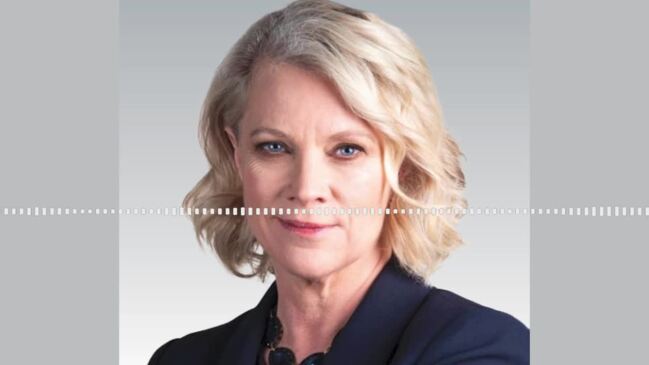
But Tingle kept her job. Anderson claimed she had been “reprimanded”.
“She has been counselled on the matter, (that) would suggest that she’s not got off scot-free,” he said.
Anderson said he had spoken to Williams about Tingle’s comments, but the chairman “had not provided me with advice”.
Insiders say Williams certainly provided a strong opinion. He wasn’t happy. In a speech in June he doubled down on his insistence on impartiality – and on the need for management accountability.

He said the broadcaster needed to understand its audiences better and warned against “self-congratulation”, declaring that the digital revolution had led to “a fragmentation and dislocation of effort at the ABC that is failing to deliver what we need”.
“It has altered the personality, chemistry and character of our national debates in sometimes, indeed often, negative ways. It is time for refreshed purpose,” he said.
Anderson had been at the broadcaster since he was 18. He’d been a bicycle courier until he collided with a bus one day and a friend advised he should get a safer job – at the ABC. He was launched into the top job after then-ABC chairman Justin Milne sacked controversial managing director Michelle Guthrie, only to resign himself days later amid Guthrie’s claims that Milne had axed journalists the then-Coalition government didn’t like.
Typically, Anderson’s exit has been nowhere as dramatic as his predecessors’. In a statement, Williams lauded his leadership as “a loyal, devoted and talented ABC executive”.
Now the chairman can attempt to remake the broadcaster.
Williams is the ultimate evangelist of the digital revolution. “I’ve surfed the digital tidal wave as it’s rolled in,” he said in a recent speech, listing past roles at Reuters, News Corp Australia, Foxtel, Fox Studios Australia, the Australian Film Commission, Sydney Opera House, the ABC and Musica Viva.
Williams listed his demands in the speech: good management, insightful research, clear-minded decision making, bold distinctive creative planning and execution, and a commitment to accountability for progress. He wants to renew Radio National “as a flagship and standard bearer for the corporation’s ethos, purpose and intellectual ambition”; he wants more serious documentaries, expanded drama and comedy, more coverage of the arts, better children’s programming and a revitalised international news service.
When Anthony Albanese introduced Williams as the new ABC chair he called him a “Renaissance man” and observed that “there can’t be too many Australians who have both studied compositions in Italy and been an AFL commissioner”.
The chairman will need all his talents to turn the national broadcaster around. The departure of David Anderson gives him a free hand to prove whether he can do it.


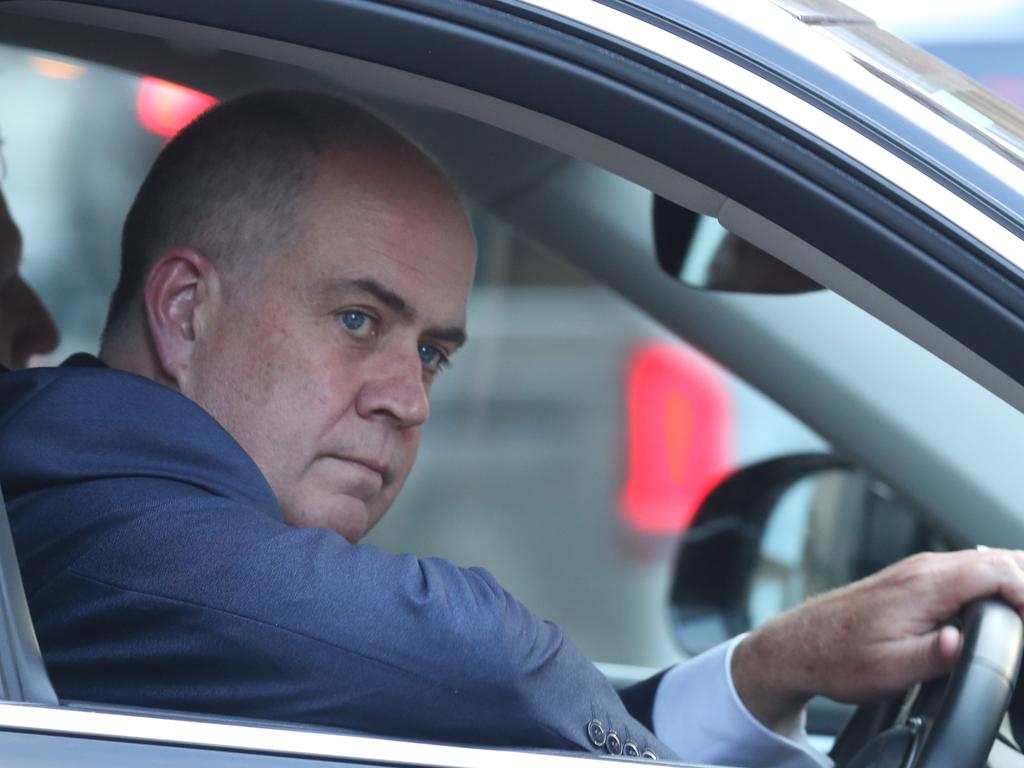
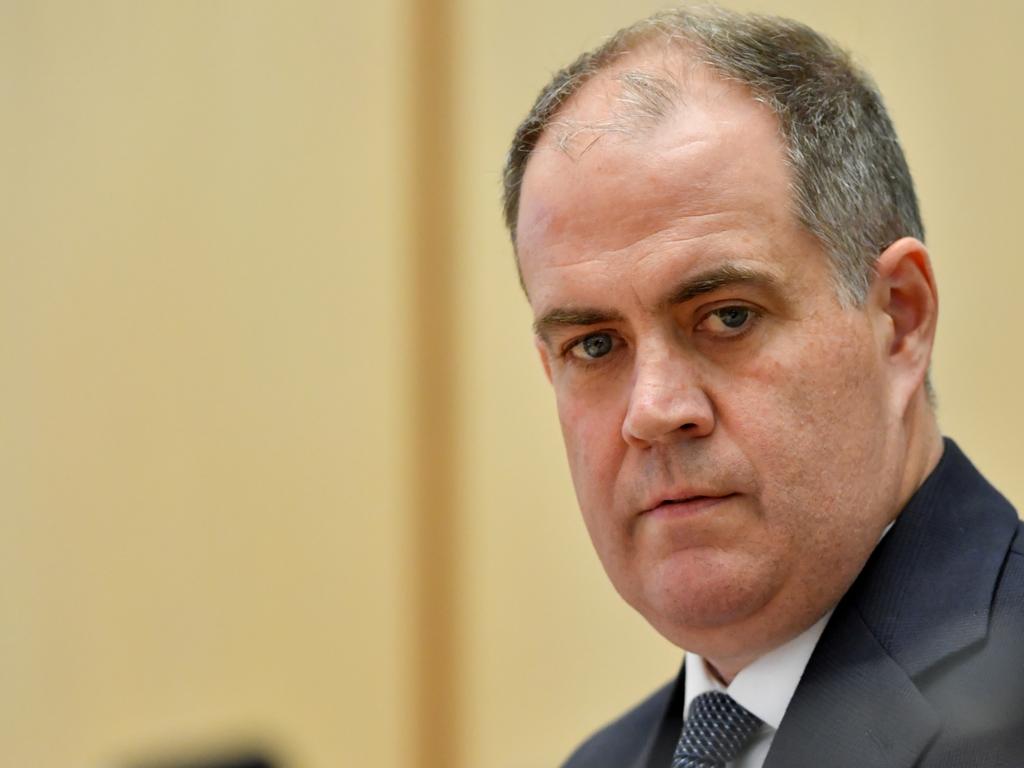
To join the conversation, please log in. Don't have an account? Register
Join the conversation, you are commenting as Logout